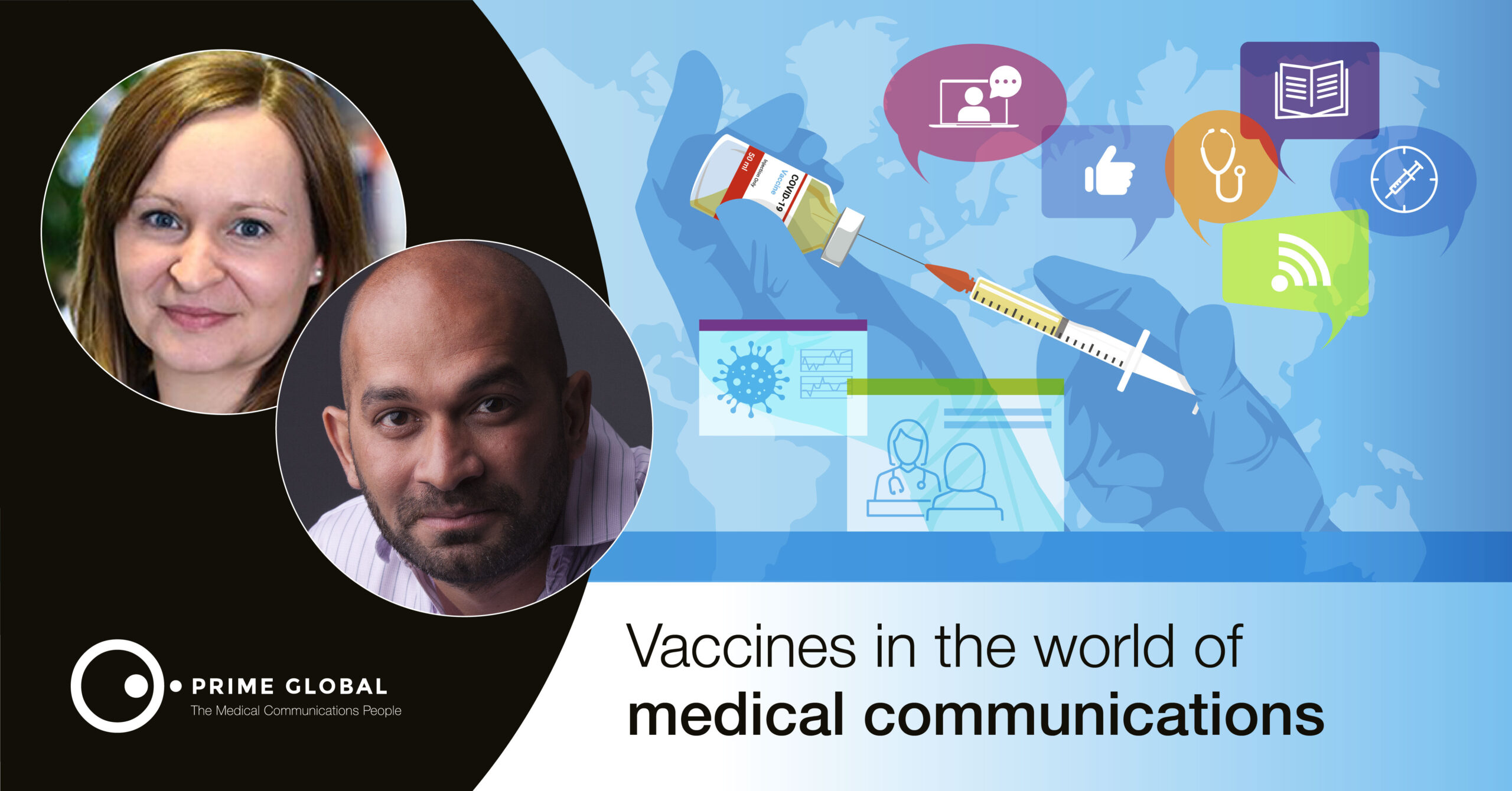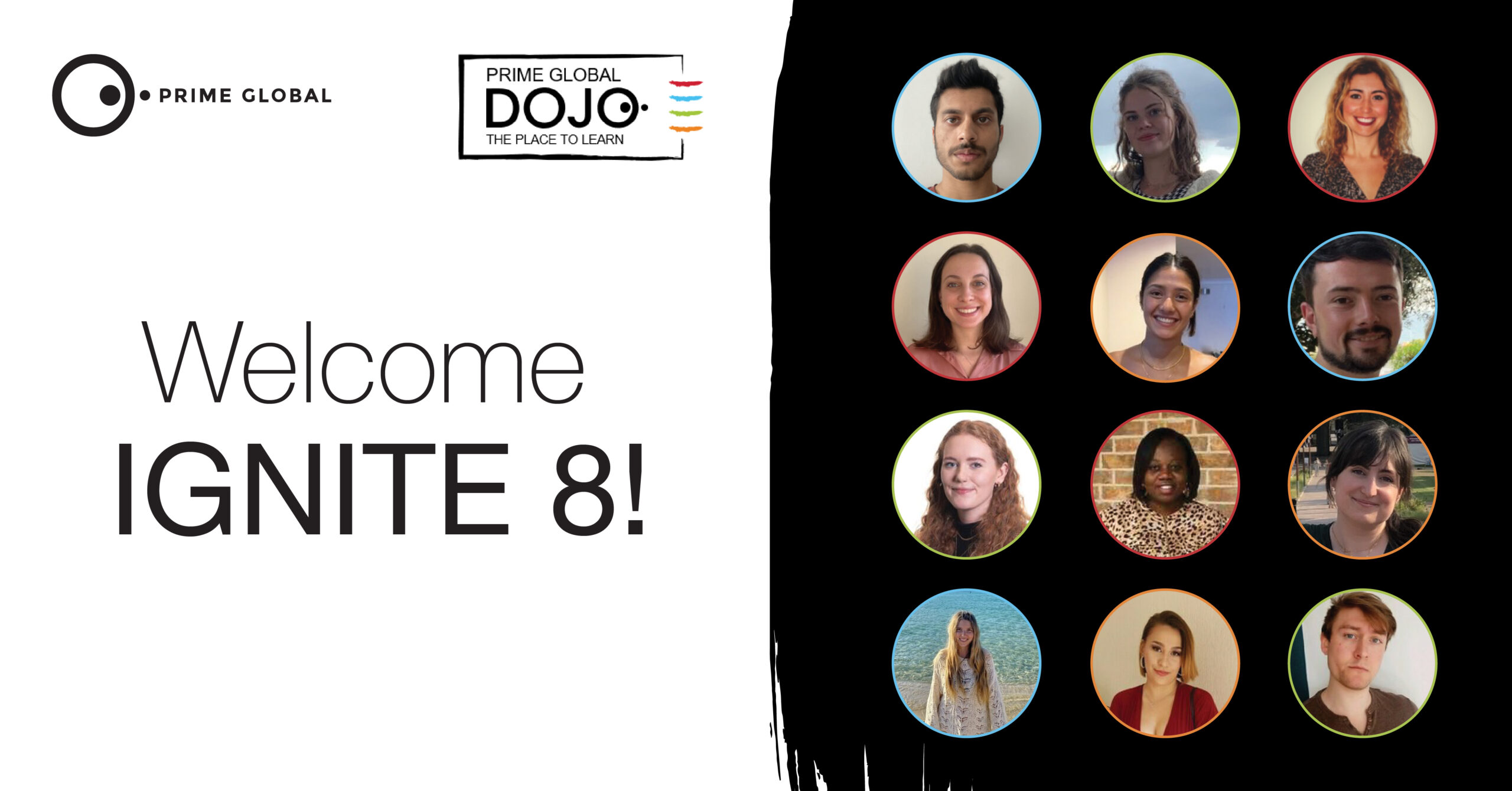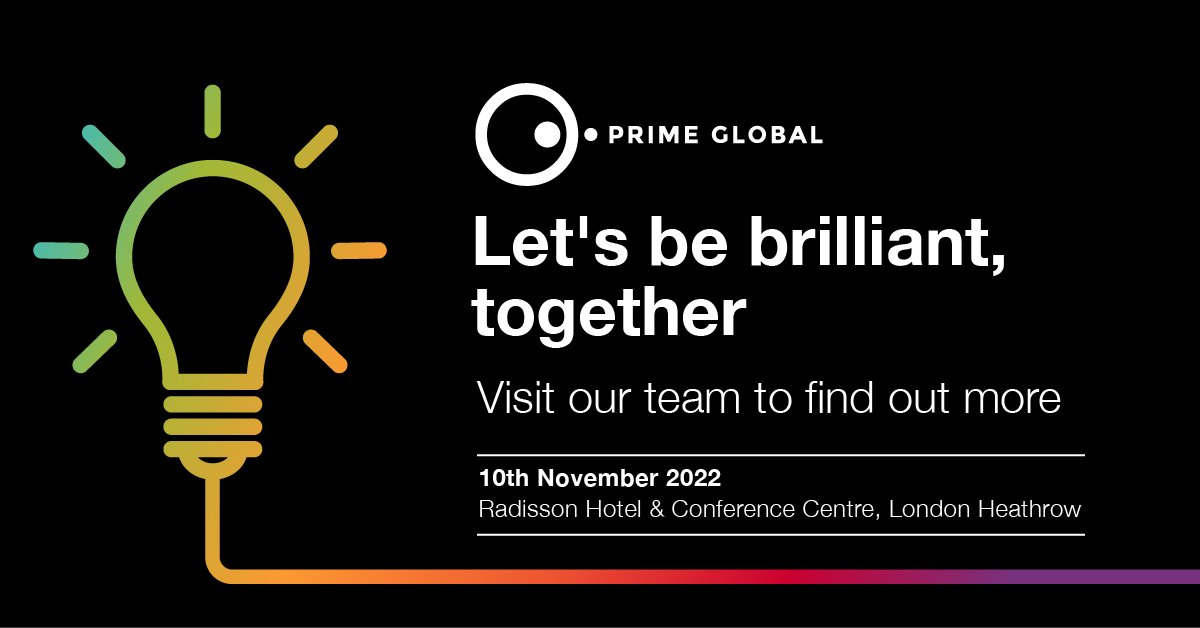We’re talking all things vaccines! With a combined vaccine experience of nearly 20 years, Gaurav Kumar, Group Managing Director, and Elien Moes, Director Scientific Services, are perfectly suited to answer all our questions about immunisation and medical communications. They share their work on vaccine education and development, and even touch on the opportunities they have had to witness worldwide vaccine cultures first-hand.
How long have you worked in the vaccines therapy area?
Elien: I’ve worked on vaccines for about 6 years in total, on and off.
Gaurav: For me, it’s been about 12 or 13 years, throughout my time in medical communications really. From the day I started as an Account Executive, that was the first account I worked on.
What role does medical communications play in advancing vaccines?
Elien: Our biggest role is to help our clients develop materials that will make a difference, whether it’s educating HCPs or the general public, and making sure we do that in the best format possible to tackle particular challenges.
Gaurav: You see the impact that medical communication has on vaccine education pretty quickly in your day-to-day life. For example, we are currently working on a COVID-19 vaccine and there is so much misinformation out there, even amongst HCPs. We are super pleased to be supporting the development of material to help negate some of those issues and working to extend the reach of this education through different channels so we reach the wide variety of audiences that would benefit from this education.
Elien: Gaurav makes a good point that educating HCPs is key. Specialists in the field of infectious diseases are well informed, but they are not the ones that are vaccinating people. The GPs, nurses and pharmacists that are vaccinating the public don’t necessarily have all the right information available to them, so that’s where we can play a key role in helping our clients communicate clearly to these audiences.
What kind of resources do you use to communicate about vaccines?
Elien: It depends what kind of project we are delivering and where. Access to vaccines varies from country to country, region to region, so you have to adapt your communications strategy, key communication points and format.
Gaurav: We work a lot with the experts to provide them with a platform to do this. At one time, I worked as part of the secretariat for the Central European Vaccine Advisory Group (CEVAG), an esteemed panel of vaccination experts. Through regular meetings and discussions, we developed and hosted an open access website with continued educational resources and information, supported in the development of several publications in top-tier journals, worked on plain language summaries and even supported with guideline recommendations. It was such an amazing initiative – at the time I was so young, I was just focusing on managing it. Now that I look back and think about the wider impact of this, it’s pretty cool!
Can you share a vaccines project that has been exciting to work on?
Gaurav: In my first role as an Account Executive and right through to being an Account Director, I supported and then lead on a cross-portfolio vaccines account for a top pharma company. It was such an interesting account because we worked with the emerging markets, in places such as Sub-Saharan Africa, North Africa, Latin America and the Middle East – areas where there is a big need for education on vaccines. I regularly travelled to different parts of the world, probably twice a month, meeting with groups of experts and seeking their advice on the needs for the area.
Elien: One of the first research projects I completed was around coronaviruses including SARS-CoV-1, so having the opportunity to now work on COVID-19 is incredibly exciting! It’s really rewarding to contribute towards the fight against this global pandemic.
While working on a cervical cancer vaccine account, I was involved in a series of advisory boards across the globe. I travelled from East to West in a month! I even got married in the middle, so it was an amazing experience and I gained insights from a lot of different regions and visited a lot of interesting places.
How do you deal with the myths and uncertainties around vaccinations?
Elien: We try our best to dispel them with the evidence that is available in layman’s terms. It’s key to remind the public what diseases like smallpox or polio may have looked like without vaccinations. We have been dealing with the anti-vax movement and how best to address this for a number of years. For example, there are unfortunately a lot of parents that aren’t getting their children vaccinated against vaccine-preventable diseases, and that’s why we are seeing a rise in cases of diseases such as measles.
Gaurav: One of the most successful projects I have done in vaccine education is working with the Sub-Saharan Africa Cervical Cancer Working Group. The group was made up of experts in cervical cancer, such as gynaecologists, gynaecologic oncologists, obstetricians and other women’s health experts. It was set up to educate young girls and women who were mainly in poverty-stricken areas of Africa on how to get vaccinated against cervical cancer. We developed programmes that were then used to educate against the myths and make sure the women got the vaccine.
What advances and changes have you seen over the years?
Elien: Wow, loads! There are different technologies being developed, such as mRNA vaccines, which have now been successfully used for COVID-19. They have been trying to develop vaccines with this technology for years and this is the first time it has been successful.
Also, the immune system doesn’t work as well in older people as in younger people so lots of vaccines now contain an adjuvant that helps to boost the immune response to a vaccine which is a great innovation.
Another advancement is around administration of vaccines. We are all familiar with the traditional injection into our arm but there are vaccines that are nasal sprays or just drops into the mouth.
How important is the voice of the vaccinee?
Gaurav: The patient voice is so important. If you look at the anti-vax movement, it is one of the largest anti-science movements in existence. They even have conferences where millions of people come together to talk about how vaccines don’t work. For me, this is mind-boggling because it is so strong, you even see your Facebook friends talking about it and you realise you know people that do not believe in vaccines. A huge challenge not to be taken lightly, and I am proud to be a part of educating against it.
Elien: There are a lot of concerns at the moment around COVID-19 vaccines such as how quickly they have been developed, long-term safety concerns, etc. It is crucial that we try to address these concerns.
How is working with vaccines important to you?
Gaurav: Vaccines are the reason why diseases like smallpox have been wiped out. Once enough people are vaccinated herd immunity kicks in and the spread of the disease becomes difficult. The fact that so many people don’t understand that is a shame and we work hard to make sure people are educated on it. After all, we’re talking about people’s health and the health of their families.
Elien: By getting vaccinated, you are not only protecting yourself and your family but also helping to protect others who can’t get vaccinated, such as those that are immunocompromised, pregnant women, young children. You have to think of the greater good. Rather than just protecting yourself, you are helping to protect a whole population.
Thank you for sharing your expertise, Gaurav and Elien. We really enjoyed talking to you!
If you want to find out more about our work in vaccines, our team would be happy to chat to you. Please contact info@primeglobalpeople.com.




